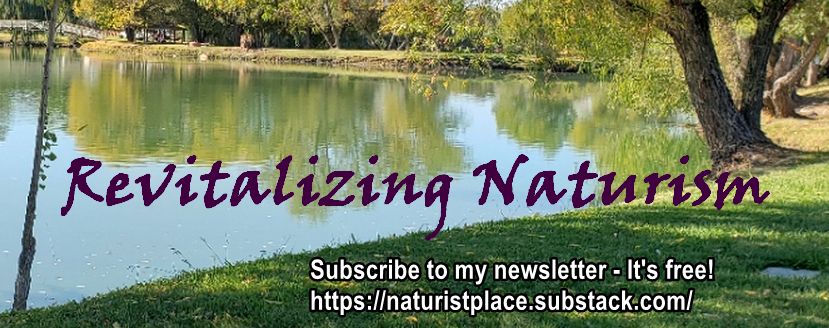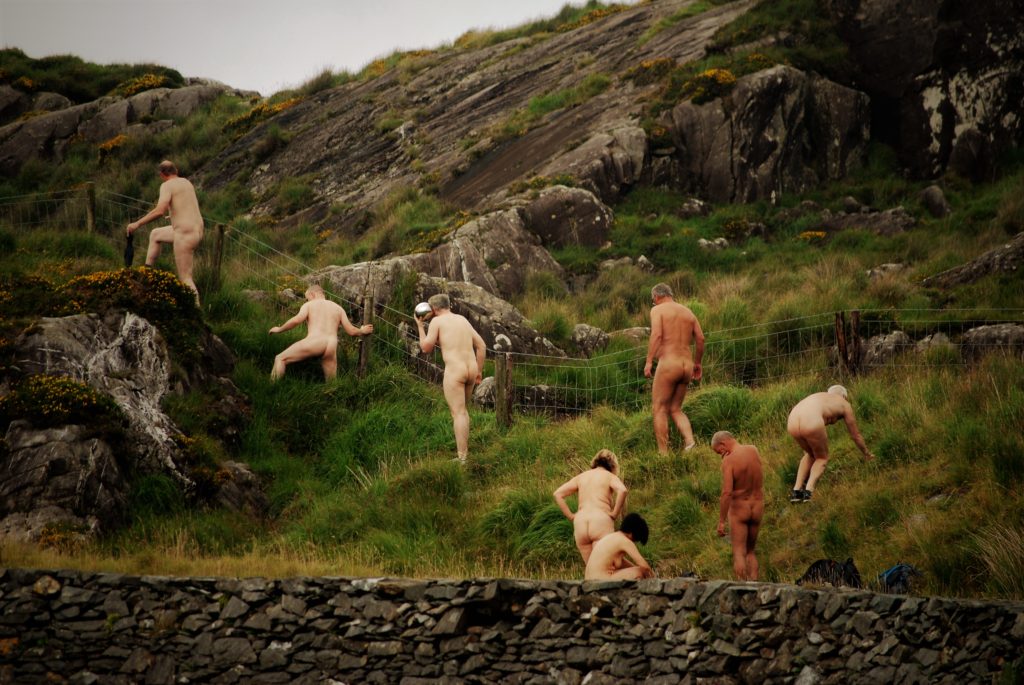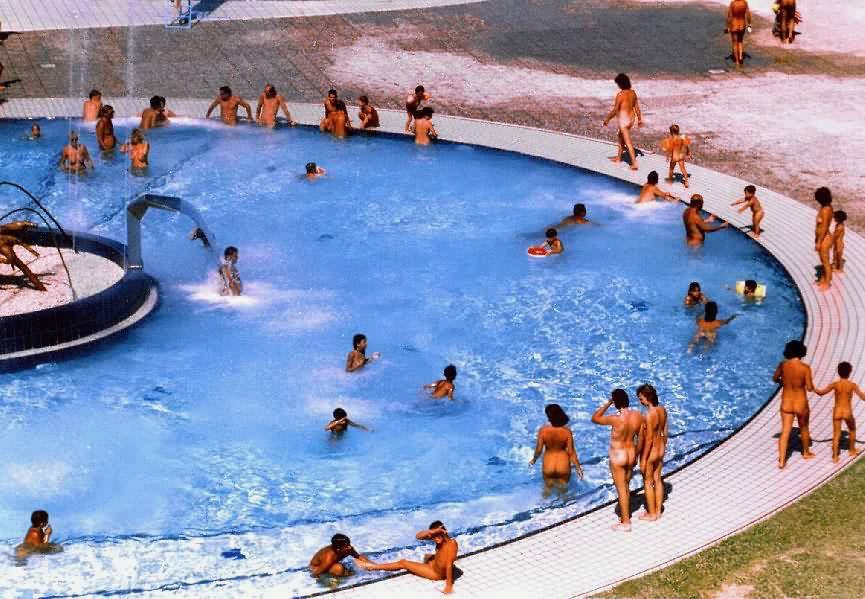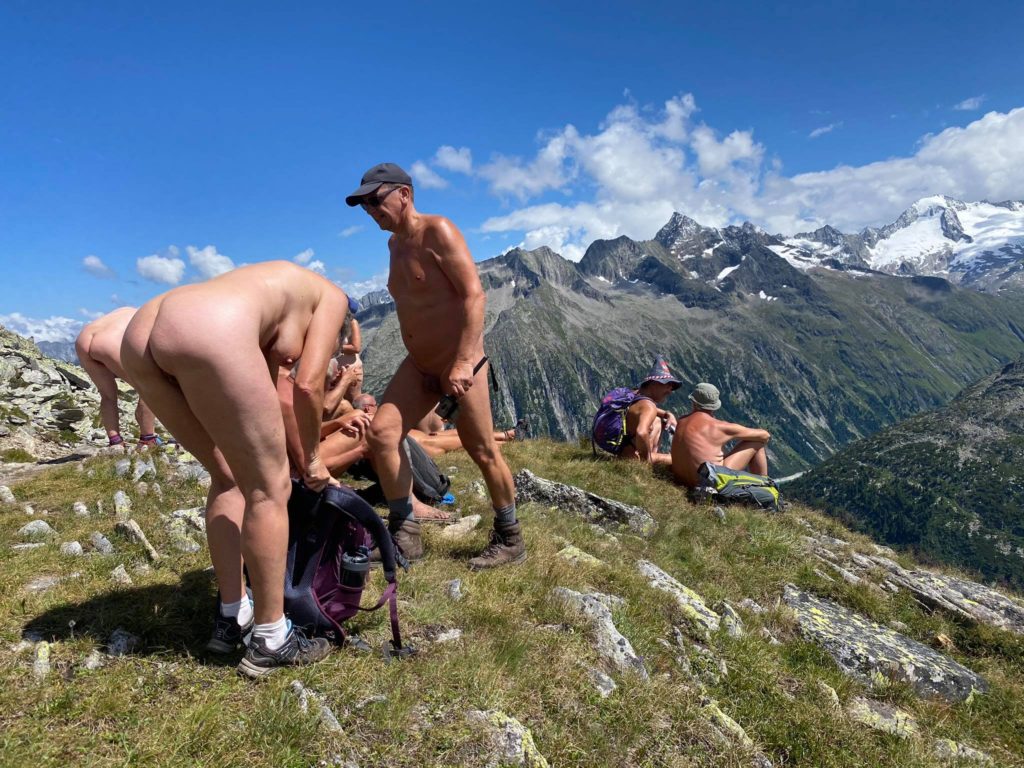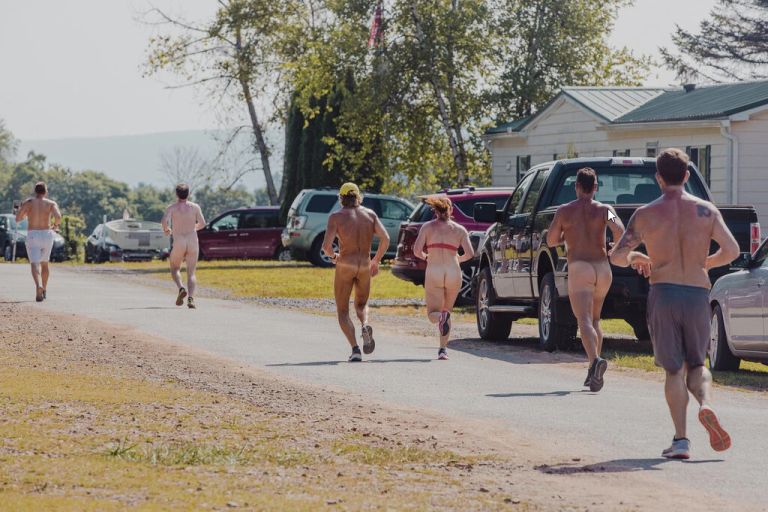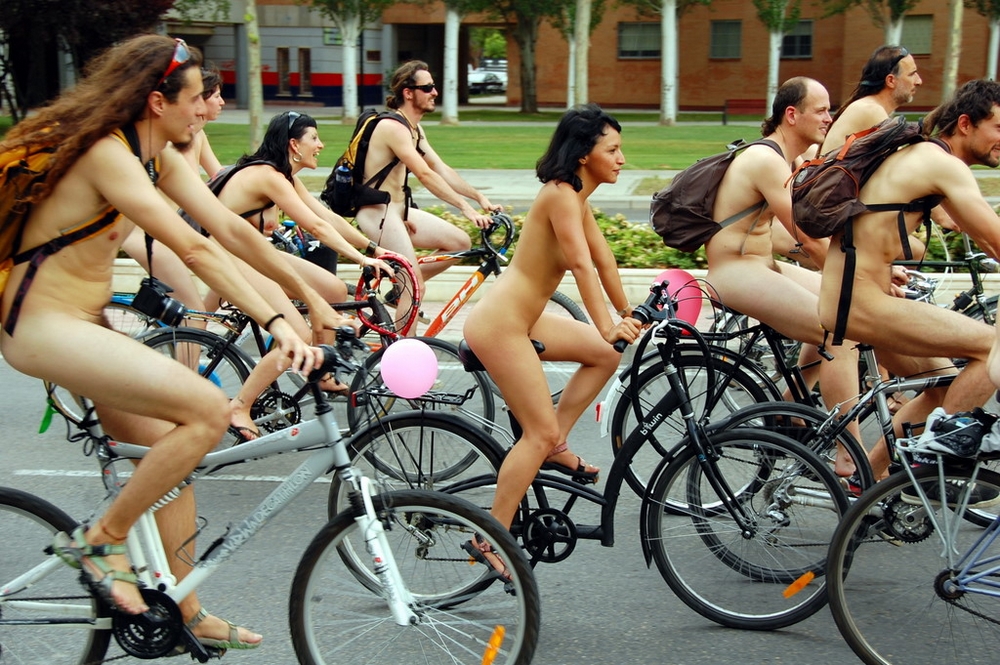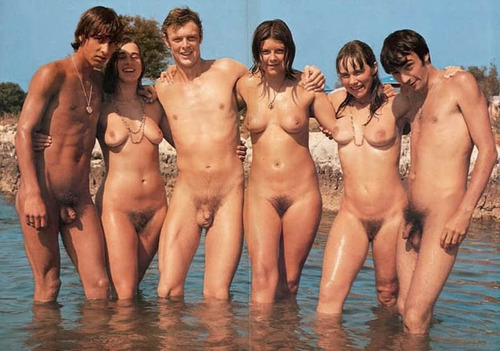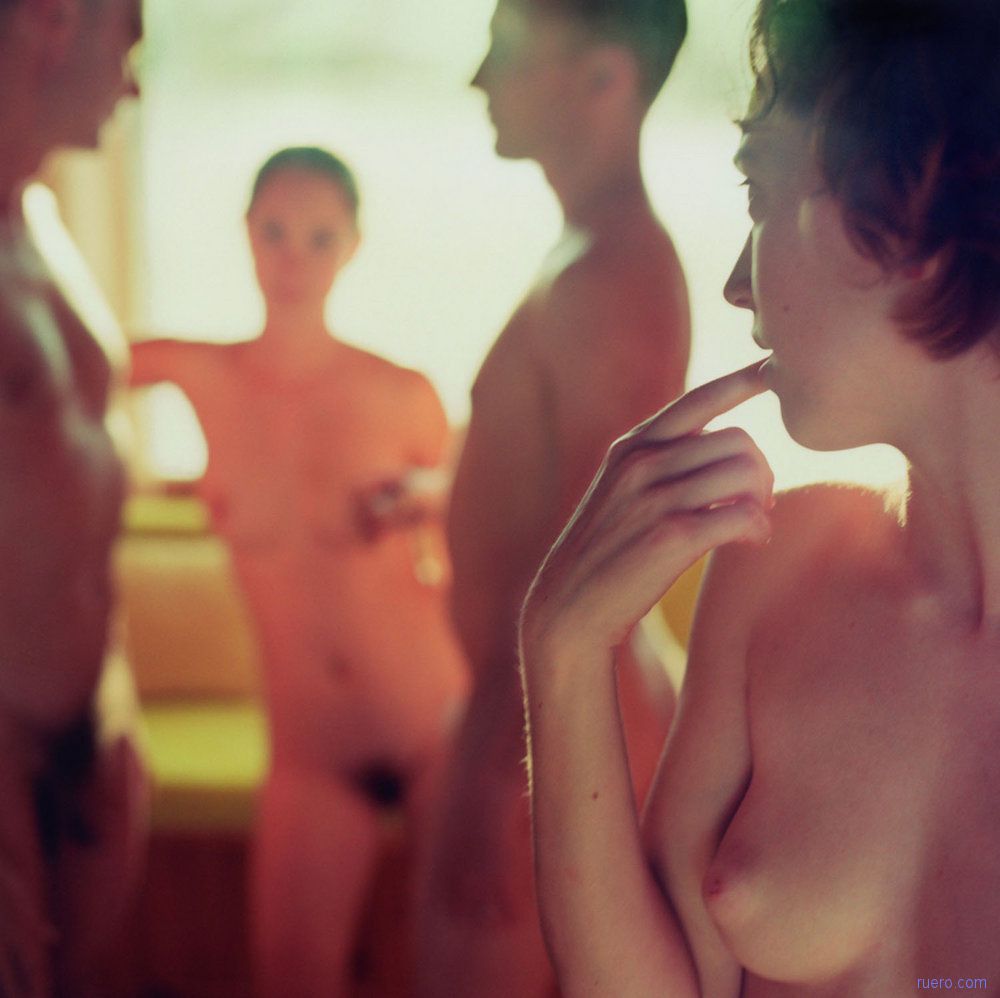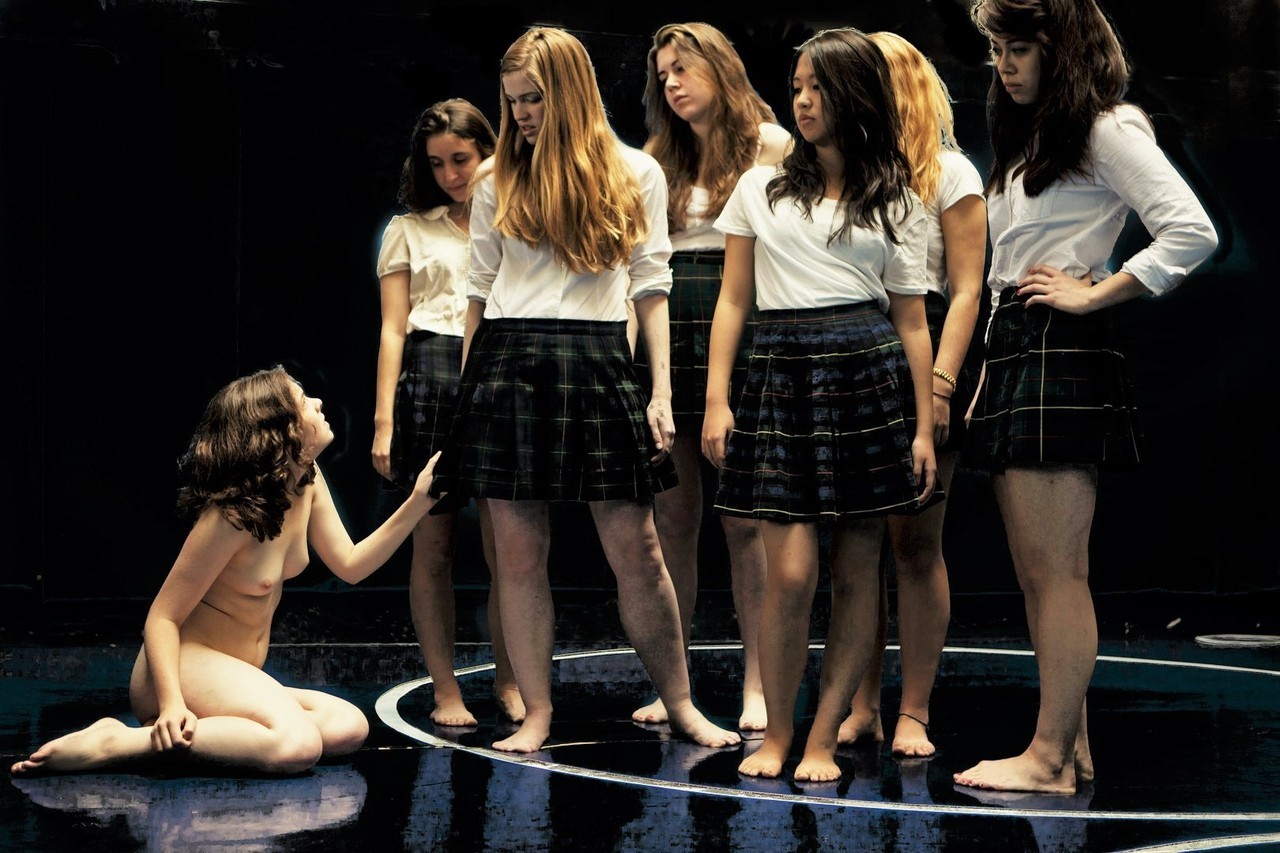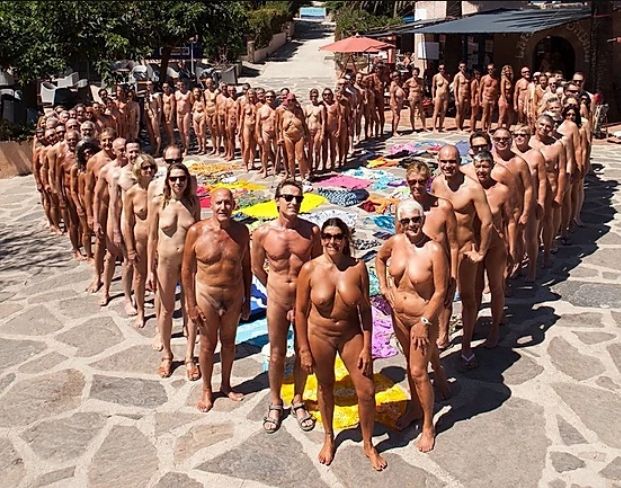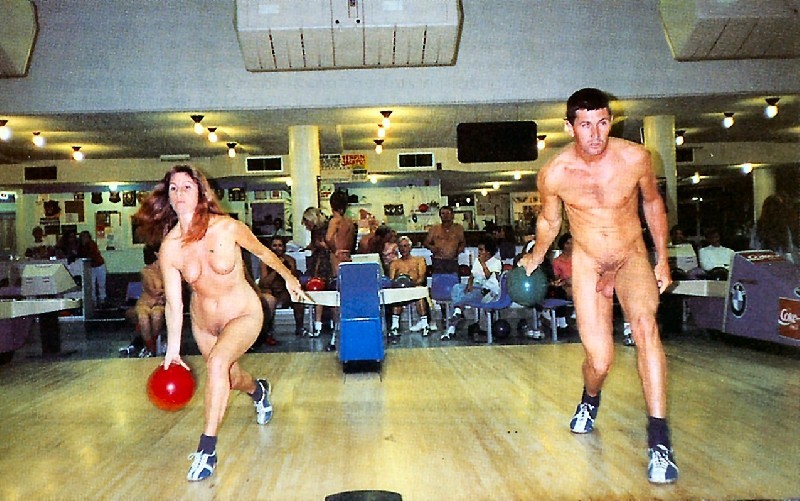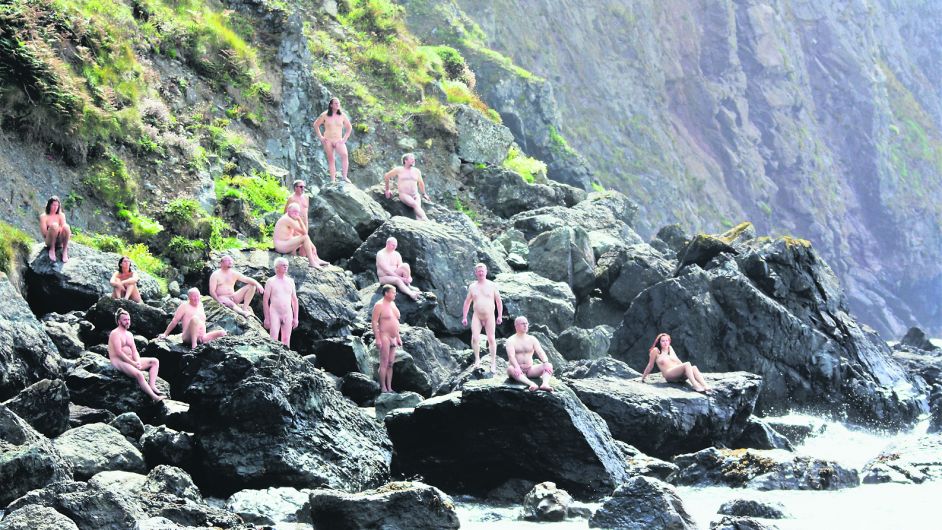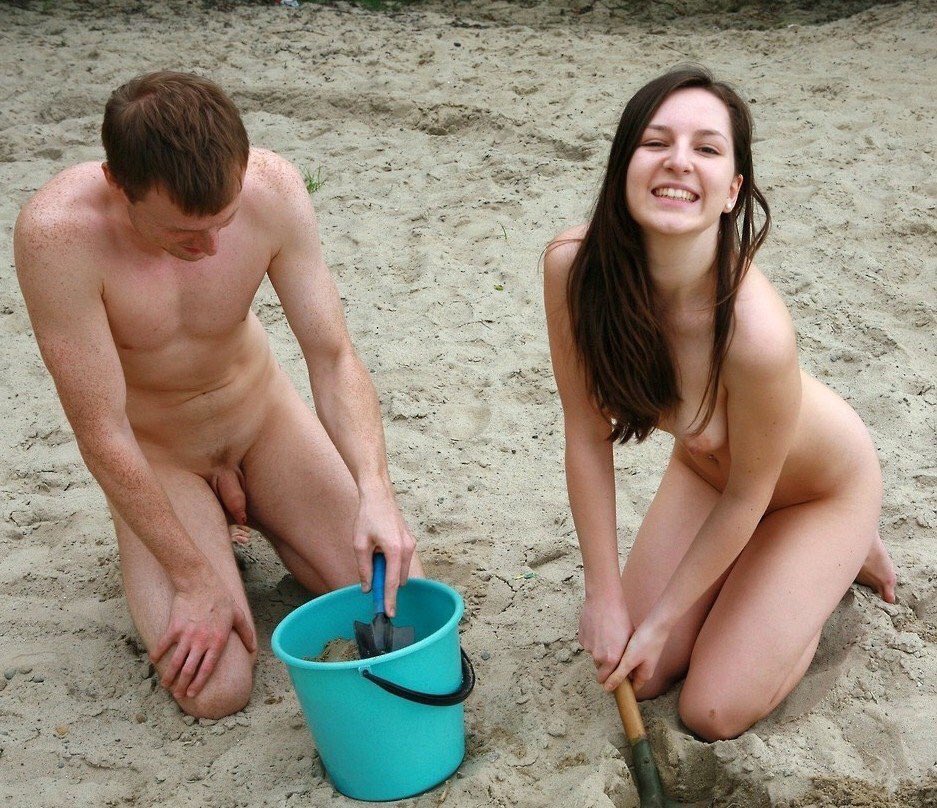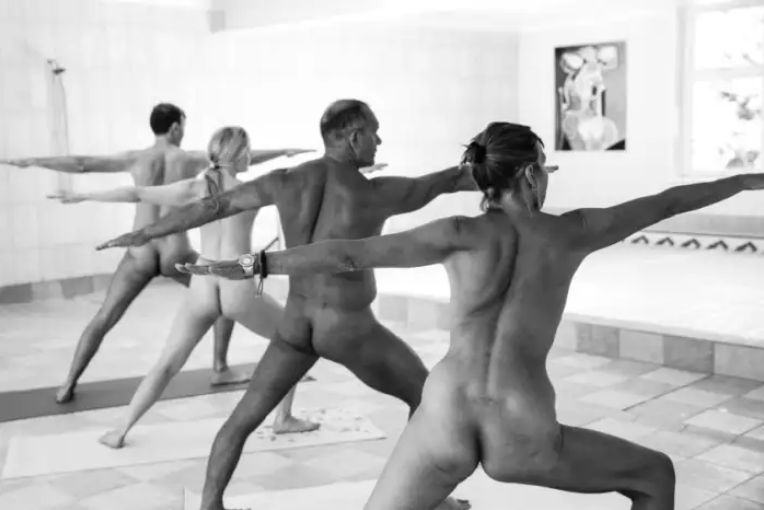
By “naked person” I mean, specifically, someone who often or almost always prefers to wear nothing – or as close to nothing as possible – that covers any part of their body. That term generally includes many nudists and naturists. It also includes people who live mostly without clothing because that’s the norm in the culture or society they belong to – although presently that’s quite a small number. But it doesn’t include people like exhibitionists who use nudity only for sexual gratification or to shock others.
Of course, the main concern here is with nudists and naturists who live in societies or cultures where nudity is far from the norm. In other words, under social conditions where nudity is acceptable or at least tolerated only in limited circumstances, such as in private homes or a few places where nudity is socially and legally permissible.
The point I want to make about being a “naked person” is that it should be considered a conscious affirmation of personal identity. That is to say, a state of being of significant and substantial worth in itself, and one that merits the respect of others. The deliberate choice to wear no clothing should be no different from any other clothing choice. So naked persons rightly feel that their choice to be naked is just as valid and deserving of respect as any other clothing choice. And that’s because their choice strongly reflects their personal identity.
Although most people in U. S. society – as well as the societies of many European countries – don’t wear types of clothing required by certain religious or cultural traditions, those latter choices are accepted. And that’s because it’s recognized that such choices strongly reflect the personal identities of those who make them. Someone who is, for example, Amish, Muslim, or Orthodox Jewish wears clothing that accords with their religion, because that has deep meaning for who they are. And even though choosing to wear no clothing is very seldom for religious reasons – except for modern pagans – it has every bit as much meaning for someone who self-identifies as a naked person.
Of course, many – probably most – people use additional visible means besides clothing to express personal identity. Women, and sometimes men, have long used makeup for this purpose. Hairstyles, including facial hair for men, are certainly in this category too. Tattoos have now become very popular for this purpose. The same is true for body jewelry (even though it may be visible only in the absence of clothing).
It’s true that many nudists and naturists don’t think of their enjoyment of nudity in terms of personal identity. They like being naked simply because it “feels so good” or it’s “much more comfortable” than wearing clothes. They don’t consciously think they’re “making a statement” by being naked. And that’s fine.
Yet the truth is that wearing nothing actually does convey a person’s identity, whether intentionally or not. The verb “convey” means passing some sort of information from one person to others. This is just as much the case as with the choices people make in what they wear at work (whether it’s a business suit or jeans and T-shirt), on social occasions, or in any other situation where other people are present.
Nudity qualifies as part of the identity of someone who openly expresses pleasure in being naked. So choosing to be naked reflects that identity and signals it to anyone who observes them.
